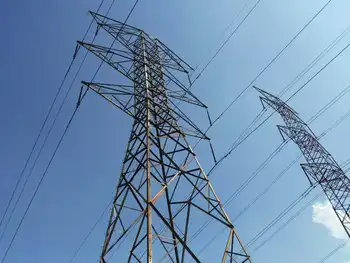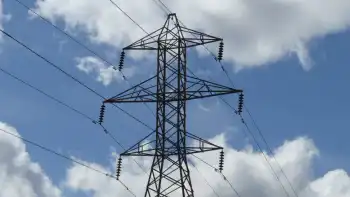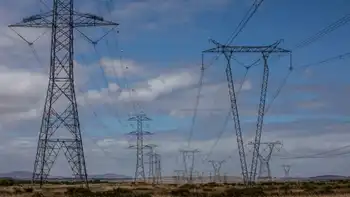Green carmaker will be in the black
- Nissan Motor Co said it is on track to book 25,000 U.S. orders for its Leaf electric vehicle by the end of the year and the automaker will be making money on the green car.
Nissan has taken 8,000 U.S. reservations for the hatchback, set to go on sale in the United States in December, since it started taking orders nine days ago, Mark Perry, Nissan's North America director of product planning and strategy, told Reuters on the sidelines of an industry conference.
"We are on a double time march for launch," Perry said. "We are on our way to have 25,000 firm orders by December."
Nissan's U.S. launch of the car will start in California, Arizona, Washington, Tennessee and Oregon. The automaker also is launching the car in Japan and Europe in late 2010.
Production of the Leaf will start in Japan and later at plants in the United States and the United Kingdom.
Leaf sales will be capacity restrained in the first two years until the U.S. plant comes on line, Perry said.
The five-passenger car will be the first fully electric car launched by a major automaker. It is designed to provide a 100 mile 160 kilometer range on a full charge and is priced at $32,780 not including federal tax credits or other incentives.
"We are making money at the price that we announced," Perry said. "We priced the car to be affordable. We priced it for mass adoption."
Nissan is counting on electric cars to help it close the gap on rivals led by Toyota Motor Corp and its gasoline-electric Prius, the world's most popular hybrid.
Federal tax credits of $7,500 will cut the Leaf's retail price to about 10 percent over the $23,000 starting price for a Prius. Federal tax credits have been phased out for the Prius.
State incentives could cut the cost further. In California, the top U.S. alternative car market, credits could reduce the Leaf price to $20,280.
Related News

Purdue: As Ransomware Attacks Increase, New Algorithm May Help Prevent Power Blackouts
WEST LAFAYETTE - Millions of people could suddenly lose electricity if a ransomware attack just slightly tweaked energy flow onto the U.S. power grid.
No single power utility company has enough resources to protect the entire grid, but maybe all 3,000 of the grid's utilities could fill in the most crucial security gaps if there were a map showing where to prioritize their security investments.
Purdue University researchers have developed an algorithm to create that map. Using this tool, regulatory authorities or cyber insurance companies could establish a framework that guides the security investments of power utility companies to parts of the grid at greatest…




